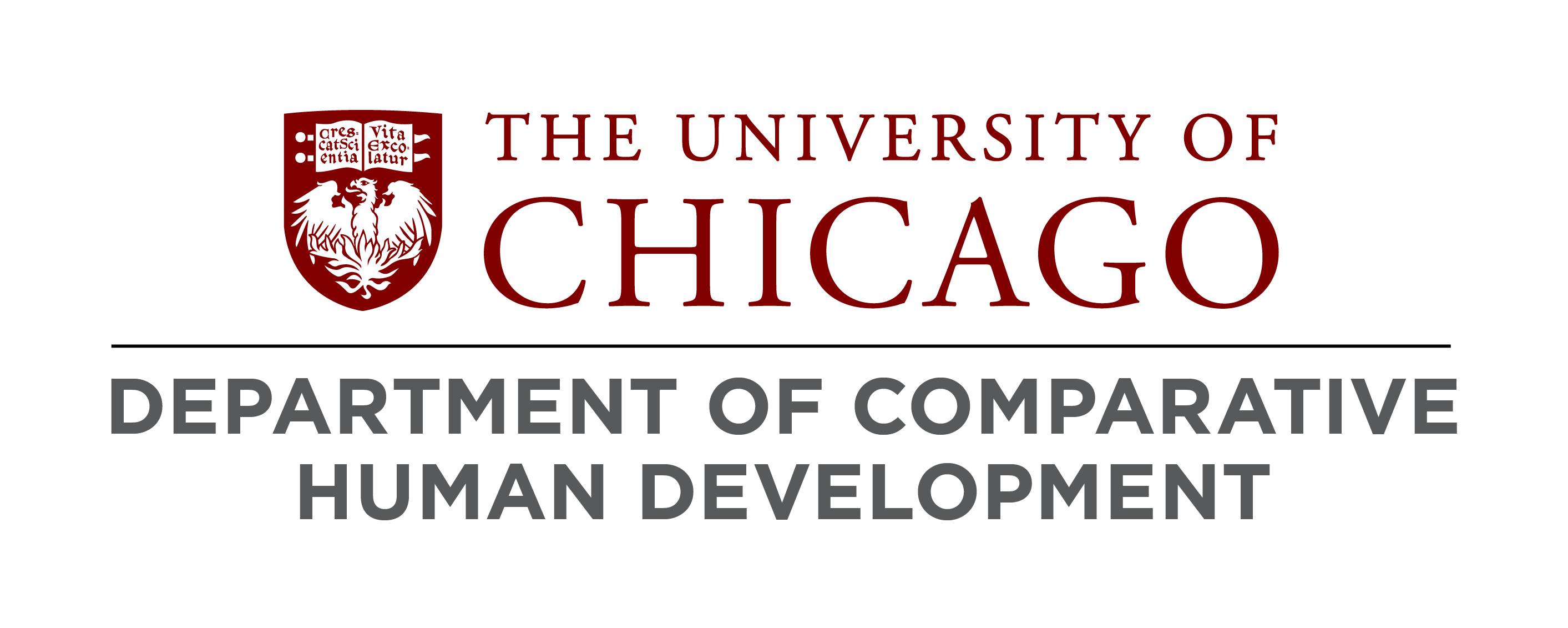Departmental Colloquium
Title: Best Laid Plans: Women Coming of Age in Uncertain Times
Abstract: Given the range of possibilities open to women today, what futures do
adolescent girls dream of and pursue? Drawing on qualitative interview data from a five-year study, Best Laid Plans examines the lives of poor, working-class, and middle-class Black and White young women as they navigate the transition to adulthood, following them from high school, when they make plans for the future, into young adulthood, when many of their plans fall apart. Hardie shows how social capital, either possessed or lacked, is not simply a resource for planning for the future but a structure whose form and function varies by social class and race. As these inequalities persist into adulthood, high aspirations, social capital, and careful planning bolster some young women while hindering others. Best Laid Plans makes the case for why we need to move beyond the individual appeal to “dream bigger” and “plan better” and toward systematic changes that will put young people’s aspirations within reach.
Title: Coming Up Short: Aesthetic Distance and Peformances of Turner Syndrome
Abstract: Drawing from more than 24 months of U.S.-based ethnographic fieldwork with
individuals who have the genetic condition Turner Syndrome (45,X), I examine the most visible, and arguably most socially salient, manifestation of this one in 2,000 sex chromosome
difference: short stature. My interlocutors with Turner Syndrome ambivalently categorized
short stature as a disability yet shared a sentiment that it was the "most disabling" aspect of
the condition. I term this oscillation between aligning with and distancing from disability
as aesthetic distance, which is steeped in aesthetic valuations of height and the rippling impacts of its representations. Expanding Tobin Siebers’ (2010) concept of disability aesthetics, I argue that aesthetic distance is a kind of ambivalent disability aesthetics that emerges when
literally coming up short as a kind of visible, embodied difference becomes mapped onto
personal and social experiences of coming up short in gendered expectations of intelligence,
capacity, and productivity in the U.S. With excerpts from my interlocutor Barb's monologue
"My TS Life," I demonstrate how my interlocutors transformed short stature into subversive
performances of value and a feminist ethic of care that afforded intersubjective meaning-
making.
 THE UNIVERSITY OF CHICAGO
THE UNIVERSITY OF CHICAGO

